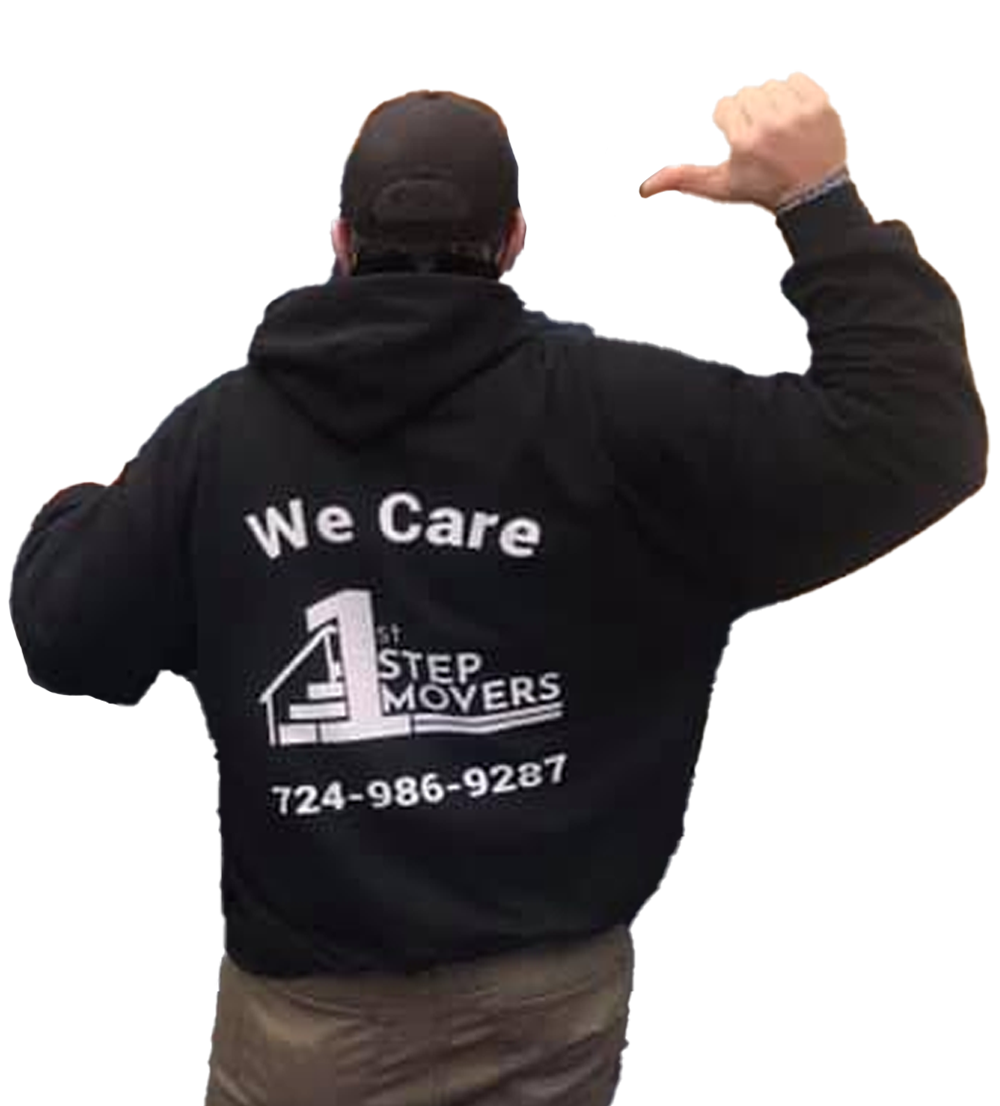Sometimes we can use a lot of moving industry related jargon when talking and in out paperwork. Here is a list of terms you may encounter and some clarification as to their meaning.
Accessorial charges: charges made by the moving company for services such as unpacking and appliance servicing that are charged in addition to transport costs.
Appliance servicing: the preparation of large electrical appliances for safe shipment at an additional charge.
Bill of Lading: a contract between the moving company and the mover containing the order number used to track your shipment.
Binding Estimate: a written agreement with your moving company guaranteeing the total cost of the move based on an estimate of items prior to your move.
Carrier: the mover who is actually transporting your items.
C.O.D. (Cash on Delivery): when payment is owed to the moving company upon delivery.
Destination agent: the agent responsible for providing information regarding your shipment to you and your carrier in the destination area.
Diversion: a change in a shipment’s destination after it is already en route. Additional transportation fees may be charged.
Flight charge: the additional charge for movers to carry items up or down a flight of stairs.
Full Service Mover: a mover who picks up items from each room of your current house, and delivers them directly to specific rooms in your new home.
Guaranteed Pickup and Delivery Service: a premium service (typically subject to minimum weight requirements) that guarantees dates of pickup and delivery.
High Value Articles: items in a shipment that are valued at more than $100 per pound.
Impracticable Operations: Conditions (that will be outlined in the tariff) in which the mover cannot carry out a pickup or delivery with his or her normal road-haul equipment, and therefore requires special equipment and/or additional labor. A fee may be charged for impracticable operations whether or not you requested them.
Interstate: A move that is outside of the state that you currently reside in.
Intrastate: A move that is within the same state that you currently reside in.
Linehaul Charges: charges that are calculated by mileage and weight of your shipment for long distance moves.
Long Carry Charge: a charge for when movers need to carry your items an excessive distance to their truck.
Mobile Containers: large storage containers that are delivered to your home, and remain there until you have pack them and request that they be picked up and delivered to your new residence.
Moving Company: the business in charge of transporting your belongings.
Non-allowable list (prohibited items): A list of items that the carrier will not ship to or remove from the property, such as items that will contaminate or damage the carrier’s property or the property of other customers (i.e., furniture that will not fit through doorways, bug infestations, chemicals, propane tanks, etc.).
Non-Binding Estimate: final charges based upon the actual weight of your shipment, the tariff provisions in effect, and any additional charges incurred along the way.
Order for service: the document authorizing a moving company to move your items.
Overflow: when shipment items are left behind due to insufficient space on the primary van. An additional van(s) is then utilized to transport the leftover items.
Packing service: movers will pack your items before the move and unpack them after delivery.
PBO: packed by owner.
ProMover: a moving company who is certified by the American Moving and Storage association as trustworthy, reputable, and professional.
Quote: A (generally free) estimation of price that a moving company will provide based on your specific moving needs. Quotes are especially helpful in choosing between two or more moving companies.
Reweigh: Before your items are unloaded, you may request a reweigh of the shipment. If a reweigh is performed, your total charge will be based on the reweigh weight, regardless of whether it is higher or lower than the first weight of the shipment. Also, in requesting a reweigh, you waive your right to witness the reweigh.
Self-Service Mover: companies such as U-Haul that provide you with a trailer for you to load and unload yourself.
Shuttle Service: when a smaller vehicle is required to transport items to a location that is not accessible to larger moving trucks.
Stair-Carry Charge: (Also known as Flight Charge) exactly what it sounds like – an extra charge for having movers carry your items up or down flights of stairs.
Standard Coverage: the minimum amount of free coverage a moving company is required, by law, to provide you with.
Storage-In-Transit (SIT): if your new home isn’t ready for occupancy, your shipment will be temporarily warehoused and you will be charged a warehouse handling fee.
Survey: after examining your items, an agent will estimate moving charges.
Tare weight (light weight): The weight of the moving truck, loading equipment, and packing materials provided by your moving company. The tare weight is weighed before your items are loaded and does not include the weight of your shipment.
Tariff: A comprehensive list of your moving company’s rates, rules and regulations for your specific move. Tariff’s vary based on type of move (i.e. long distance vs. short distance).
Unpacking: The process by your moving company of unloading boxes and crates, and removing items from them, at the time of delivery. If unpacking services are requested, movers will place items conveniently on flat surfaces for you to organize and put away.
Valuation: before shipment, you will be asked to declare the total monetary value of all of your items. This is the maximum amount that the moving company will be liable for.
Warehouse Handling: Each time a SIT service is provided, you must pay additional charges for the temporary warehousing, handling, and final delivery of your items.


